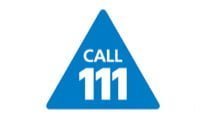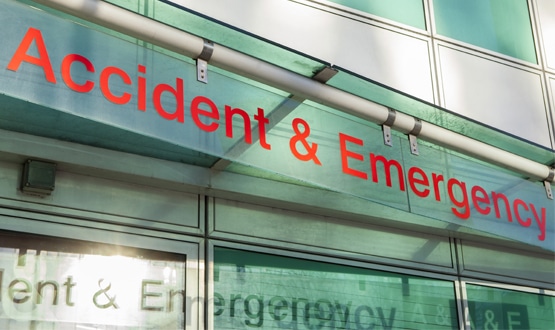OOH figures increase pressure on NHS 111
- 13 June 2012

A 17% increase in people presenting at urgent care and walk in centres across England has renewed concerns that NHS 111 is driving a rise in people attending out-of-hours care.
Data released at the end of last week reveals that urgent care and walk in centres across the country saw an increase in attendances of almost a fifth over 2011, in comparison to the first year of the NHS 111 helpline (August 2009-10).
The service is replacing NHS Direct and other out-of-hours services in many parts of the country, and has already received more than a million calls.
The nine sites that are live with NHS 111 reported an average increase of 9% in urgent care centre attendances over the same time frame.
The NHS 111 minimum data set to April 2012 reveals that about half of callers to the helpline are told to attend primary or community care, but no overall change in attendance patterns to these services is noted.
The service also allows callers to send an ambulance directly to a patient or book an appointment in a GP practice. About 11% of calls result in an ambulance being dispatched – ranging from 9% in Luton to 15% in Hillingdon.
Six per cent of callers are recommended to attend A&E and there has been a 2% increase in A&E attendances across all the sites, ranging from a 3% drop in attendances in County Durham and Darlington to a 6% rise in Lincolnshire.
The government has set a deadline for local commissioners to have the service rolled out across England by April 2013.
However, both NHS Direct and the British Medical Association have called on the government to adopt a “flexible deadline” for the roll-out amid concerns that is increasing the burden on ambulance services, A&E departments and GPs.
A spokesperson for the BMA said: "We know there has been a general rise in workload throughout the NHS, which was reflected at our GP conference last month, where there was a lot of concern about this.
“More widely, people are being encouraged to see a doctor far earlier in their illness than before and increasing amounts of guidance and advice now ends in ‘…if you have any concerns see your doctor.’
“If patients are worried about a potential illness, then their GP is always there to support them, but to ease the pressure on the service there does need to be a greater emphasis on supporting self care. Initiatives like NHS 111 won’t help with this."
A DH spokesperson said the department was pleased to see more people being treated away from hospital and in walk and urgent care centres.
"Patients should have access to a high quality, 24/7, urgent care service, so that they get treatment in the best place at the best time," the spokesperson said.
"Historically these new services have been developed to help ease the pressure on areas like A&E."
Concerns about the roll-out of NHS 111 have led to a number of private companies pulling out of the bidding process, including Capita, which recently bought Clinical Solutions for £20m.
A Capita spokesperson said the NHS Direct helpline could be improved and run more efficiently. “However, the current tender process is not constructed in a manner that will result in cost effective services that can flex to the dynamic needs of the public,” the spokesperson said.
“In particular, it does not currently allow any online interaction. Therefore, Capita currently is not proposing to become a prime NHS 111 service provider.”
Clinical Solutions has developed an accredited clinical content option for NHS 111 called Teleguide 111 and has a management system called IntefleCS 111 .
When asked whether Capita’s position on the service would impact on the provision of Clinical Solution’s system, the spokesperson said: “Capita’s ability to deliver flexible, high quality assessments that ensure patients are offered the right advice and directed to the most appropriate care with maximum efficiency through TeleGuide 111 is a compelling proposition for NHS 111 service providers.”




